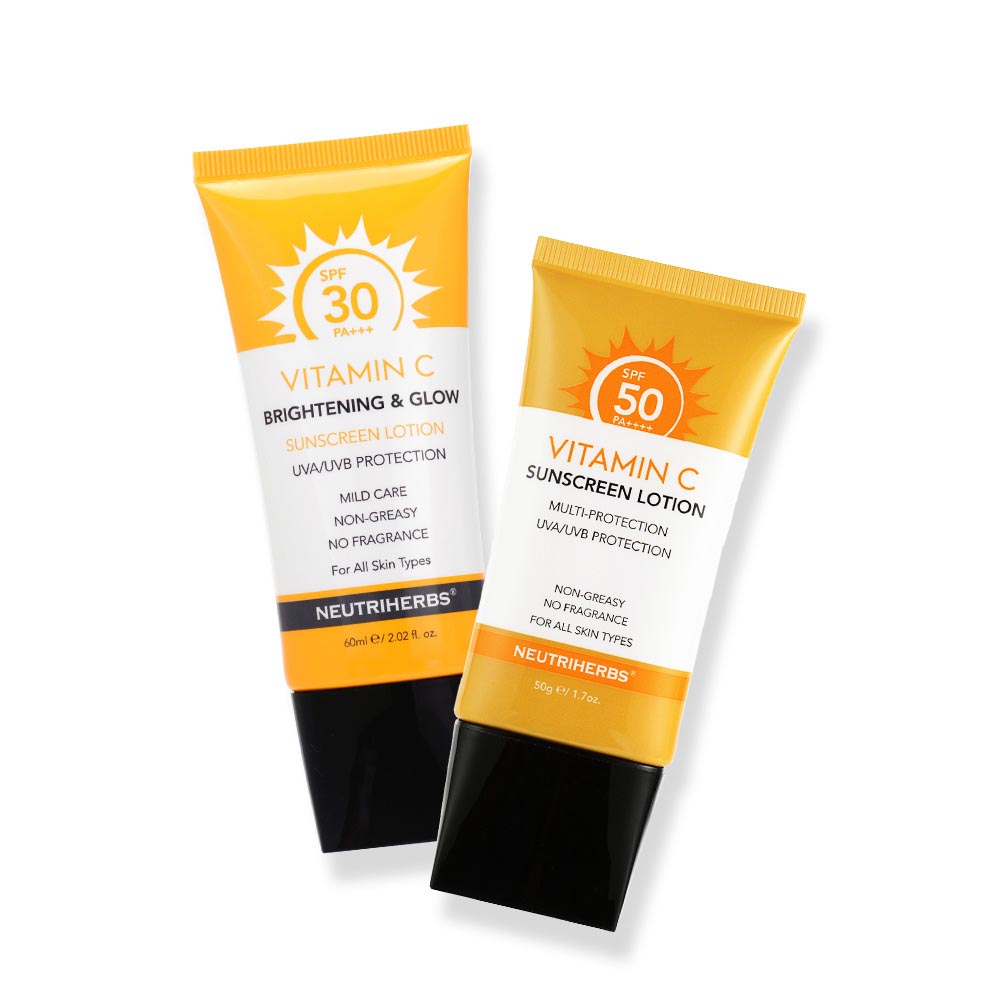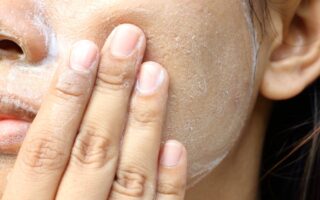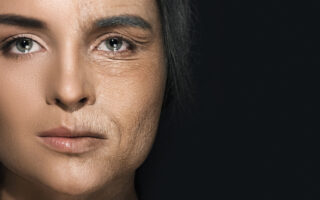While it is good and pleasant to bask in the sun, you should nonetheless be wary of ultraviolet UVA and UVB rays. While UVA rays penetrate deep into the skin dermis destroying skin elasticity and collagen fibres of your skin, the UVB rays are even more dangerous. Yes, UVB rays destroy the skin epidermis by burning it and causing the infamous and dreaded sunburn. It is these rays that cause 90% of skin cancer and age it prematurely. sunscreen
Though sunbathing gives great pleasure, the sun is certainly not your friend and you should protect your skin from it. Sunscreens are very effective products to protect yourself from the sun. Sunscreens not only helps to protect our skin from UV rays but also helps reduce the appearance of allergies
So how do you safely expose yourself from head to toe? The answer is brushing yourself with sunscreen. Many consumers are often confused about sunscreens and often ask questions like which sunscreen is good for me? Or what SPF should I use? Or should I use sunscreen if I have oily skin? Follow our tips to find all answers to your questions and recognize the sunscreen that will take care of your skin.
Sunscreen that will suit your skin type
Every skin reacts differently to UV rays. It is therefore essential to opt for a sunscreen with a protection factor adapted to your skin type. sun protection indices protect the skin and allow it to tan safely, provided of course that you opt for the index suitable for your skin type.
Having oily skin can be a struggle and adding cream to your skincare routine is probably the last thing you want. You may assume that you shouldn’t wear sunscreen at all if you have oily skin, but experts recommend that every skin type needs sunscreen. Try finding a sunscreen that is lightweight and not too greasy.
If you have dry skin, try looking for a sunscreen that is enriched with hydrating properties like hyaluronic acid, ceramides or Aloe vera.
Types of sunscreen
Sun filter: chemical or mineral filter sunscreen?
Composed of protective filters, sunscreens come in two types of filters: chemical sunscreens and mineral sunscreens.
chemical sunscreens absorb into the skin while mineral sunscreens sit on the skin and reflect UV rays which often leave some white cast. mineral sunscreen tends to work better on sensitive skin.
Equipped with organic molecules that act as a protective shield, chemical filters block UV rays. They are effective and perfectly protect the skin. What distinguishes them from these is their allergen content.
Mineral filters, also called inorganic filters, are free of preservatives and are developed from particles of minerals. The purpose of these filters? Bend light and reflect UV rays to create a protective screen on the skin. The only difference with chemical filters is their ability to reduce the risk of allergies.
How to use a Sunscreen
if you opt for a sunscreen with SPF 20, for example, it will roll back and slow down 20 times the UVB rays diffused on the skin. If you choose, an SPF 50+ sunscreen, your skin will be protected from almost 98% of the rays, by renewing the application regularly. In other words, it is highly recommended to apply sunscreen with a high to medium protection factor every two hours than to apply a screen once in the day without renewing it.
What is SPF? Which SPF is right for me?
To find out the degree of protection that will make you tan without burns while providing a barrier to UVB and UVA, just stick to the directions on each sun product. These are presented under the acronym SPF (Sun Protector Factor), in other words, the “solar protection factor” So, are you more of an index 20, 30 or 50+?
Choosing an SPF isn’t rocket science. It depends on how prone your skin is to sun damage. If you think your skin is very sensitive, you should go for SPF 50 or even 60. If you think you have pretty stable skin you can choose SPF 20 or 30. A study found that sunscreen with SPF 30 will protect you from around 96.7% of UVB rays, whereas an SPF of 50 means protection from about 98% of UVB rays.
Conclusion
The sunscreen protects the skin from the appearance of wrinkles and spots, which are not surprising since sun products shield against ultraviolet (UV) rays which accelerate skin ageing. In the absence of protection, they alter cellular components and emit reactive compounds, free radicals, toxic to collagen and elastic fibres, As such, any short or long exposure to daylight and therefore to ultraviolet rays increases skin ageing. To limit this process, the use of sunscreen should indeed be part of the daily regime.




